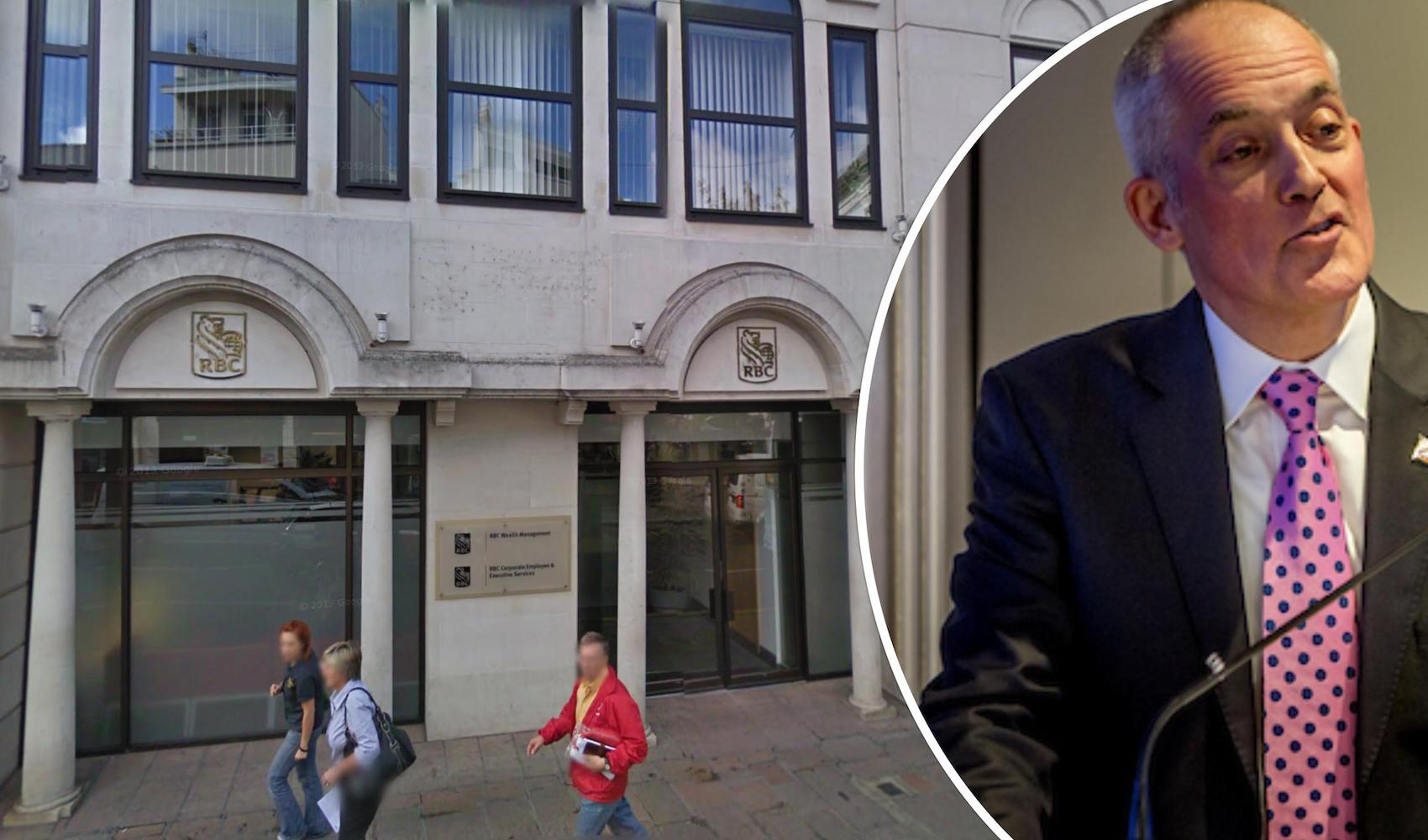

Decisions about spending millions of taxpayers’ money are being “made in the dark” – and sometimes without Ministers’ knowledge, an Assistant Minister has said.
The comments came from Deputy Jeremy Maçon, Assistant Minister for Education, Health and Social Security, who wants to ensure that politicians are told about the government’s intentions to spend significant sums of money before they do it.
Funding bids over £50,000 from different departments are now being considered by the newly-created Investment Appraisals Board (IAB).
The body, which was set up last year, consists of civil servants including the Chief of Staff, an HR Lead, Treasury Lead and ‘Transformation’ Lead, who oversees how the funding bids fit into the wider ‘One Gov’ modernisation programme.

Pictured: Civil servants sit on the IAB, which considers bids above £50,000 then informs the Chief Executive and Treasurer of its recommendations, before requesting sign-off from the Treasury Minister.
Having considered each application for funding, they then report back to CEO Charlie Parker, the Treasurer, and then the Treasury Minister for sign-off.
But recent financial restructuring of the government has seen funding pots for each department, which previously each came with their own strict rules, “merged together”, causing a problem.
“They had specific criteria alongside them – that seems to have gone by the wayside and now there have been various departmental bids, not all the Ministers actually know the bids the department have put in,” Deputy Maçon told Express.
The change, he says, had led to areas ranging from Economic Development, Tourism, Sport and Culture to the Office of the Chief Executive sometimes being handed significant sums of money without the responsible Ministers being told at all.

Pictured: Deputy Maçon wants States Members to be able to scrutinise planned spending before it happens.
It also means that politicians have little to no opportunity to have a say on what gets funded and what doesn’t, and are left in the dark as to how the board made their decisions regarding substantial cash sums.
The Assistant Treasury Minister reported last year that 100 bids were received, requesting around £75 million by the end of 2019 and a further £25 million by the end of 2020.
Deputy Macon said: “I’m concerned about how prioritisation of these bids and how that’s going to be done.
“Not only that, I don’t think it’s satisfactory for Members to be informed of these bids after the money has been spent.”
The Deputy is not the first to raise criticisms over the new funding process. States Members queried the decision-making behind the approval of 13 bids of funding regarded as the "most urgent" in November 2018.

Pictured: The IAB recommended the approval of £1million for the government HQ to be relocated to Broad Street under CEO Charlie Parker's 'One Gov' plans.
The funding tranche included £2.2million to be spent on digital modernisation, £100,000 on the dairy sector, £100,000 on a corporate intranet site, £150,000 for the Jersey Reds, and £400,000 on for External Relations to improve Jersey’s “international growth”.
The following month, £1.7million for a creating a new 'Digital Academy' was approved, £1million for moving the government's HQ to Broad Street and half a million for a HR 'Transformation Programme'.
Meanwhile, other organisations - particularly within arts and culture - reported uncertainty as to the timeline of when their bids would be considered and how they would fit into a picture of competing needs.
Deputy Maçon is now bringing forward proposals to ensure that the funding allocation process is more “democratic”.
He would like to see any ‘approved’ bids for funding made subject to a two-week notification period.

Pictured: Under Deputy Maçon's plans, States Members would have two weeks to query any spending.
This way, politicians would be able to step in if they didn’t agree with a certain proposal before the money is handed over and further investigate the decision-making process, making the IAB more accountable.
“My proposition is trying to provide an ability for States Members to challenge a decision if they don’t agree with the prioritisation, if they think there are more important things to spend the money on or other priorities or if they think maybe a proposal hasn’t been robustly checked through by the various processes.
“[It provides] an opportunity there for States Members to have a debate on a matter… [and] a mechanism whereby States Members can scrutinise things – provide more scrutiny and accountability with these bids as and when they arrive.”
The suggestion comes at a time when government spending is under more public scrutiny than ever, given a recent forecast £30million to £40million black hole in government finances that has been used as reasoning behind the lack of inflation-level increases in public sector salaries and departmental cutbacks.
His proposals will be debated and put to a vote on 26 March.
Comments
Comments on this story express the views of the commentator only, not Bailiwick Publishing. We are unable to guarantee the accuracy of any of those comments.